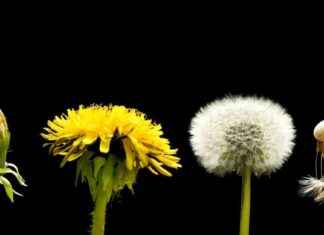Solidarity MP Sol Zanetti says he is proud of the indigenous activists who took part in the Oka crisis, even if he denounces the violence that led to the death of a police officer.
• Read also: New candidates: QS continues its mainstream turn
In an oratorical flight at the Blue Salon on Friday, the elected official first greeted the Quebec people “who made the rebellion of the Patriots, who did not give up, who made the Quiet Revolution, who held two referendums “.
“I am also proud of the indigenous peoples in Quebec who made Oka and Idle No More,” he added in the same breath.
Asked to clarify his remarks, the Member for Jean-Lesage maintains his support for the Aboriginal peoples who erected barricades protected by armed men in Oka during the summer of 1990. A shooting had led to the death of Corporal Marcel Lemay and the deployment of some 4,000 Canadian soldiers was needed to resolve the crisis.
“What makes me proud are the times when the peoples of Quebec, therefore the Aboriginal peoples, the Quebec people too, rose up in the face of injustices, political systems that are oppressive, that create a lot of violence. I’m not proud of the violence, that’s not what I mean, but we can’t reduce this event to just that,” he explained on Saturday on the sidelines of the National Council of Quebec Solidarity. .
Positive aspects
The Oka Crisis is “a time when Indigenous peoples bravely stood up to defend who they were and claim political sovereignty,” Zanetti says. “That aspect, for me, is very beautiful,” he added.
“There were positive things that came out of that moment. Significant awareness in Quebec society regarding the condition [of indigenous peoples],” said Sol Zanetti.
At his side, Manon Massé stresses that “violence is unacceptable, no matter which side it comes from”.
However, the event may be viewed differently today, in light of changing sensitivities to the lived realities of Indigenous peoples, she believes. “It’s been 32 years. It is certain that Quebec is no longer in the same place, precisely because the natives have stood up to explain to us the injustices they experience on a daily basis, the systemic racism of which they are victims every day. says the QS spokesperson for Aboriginal affairs.







